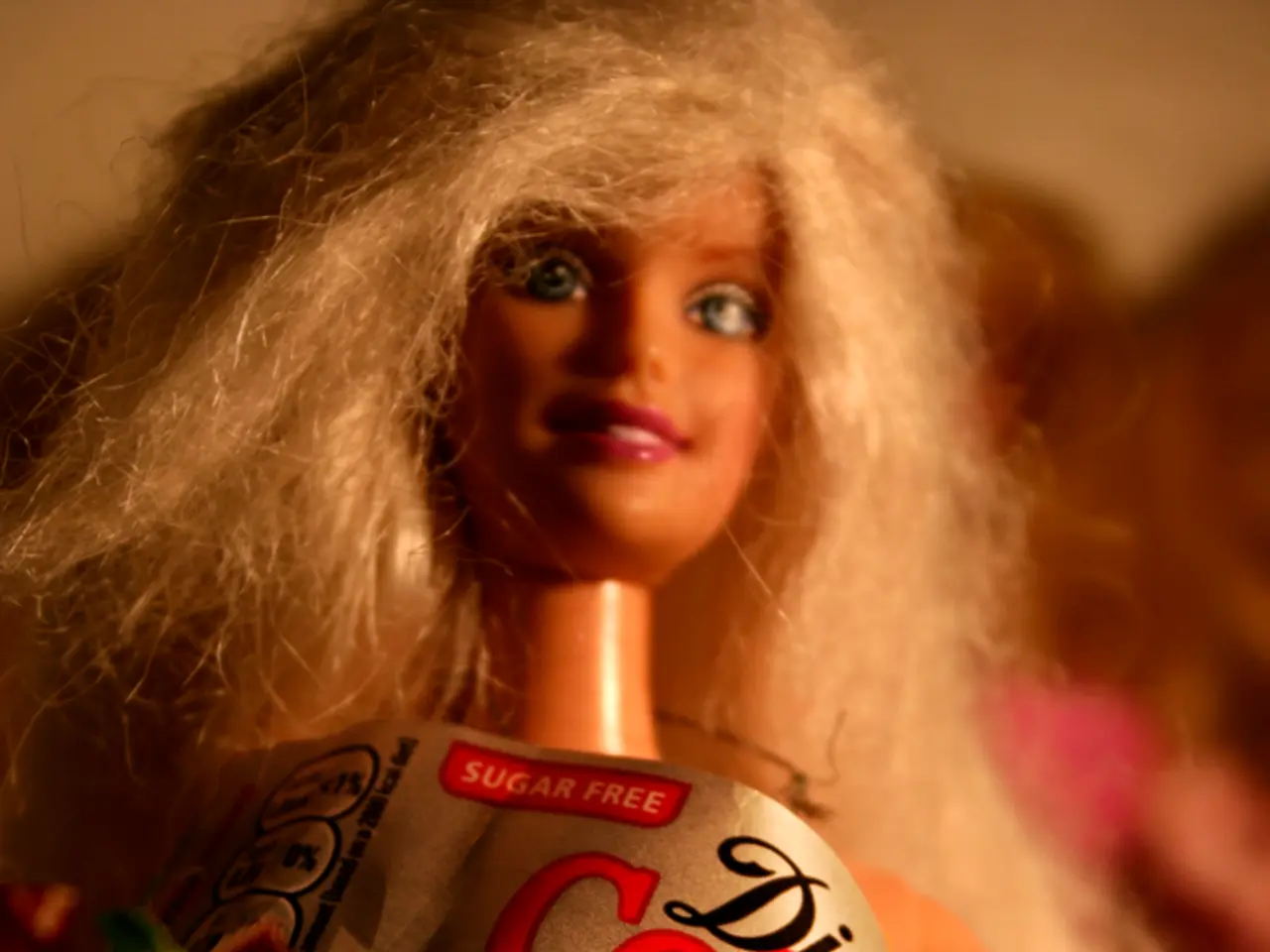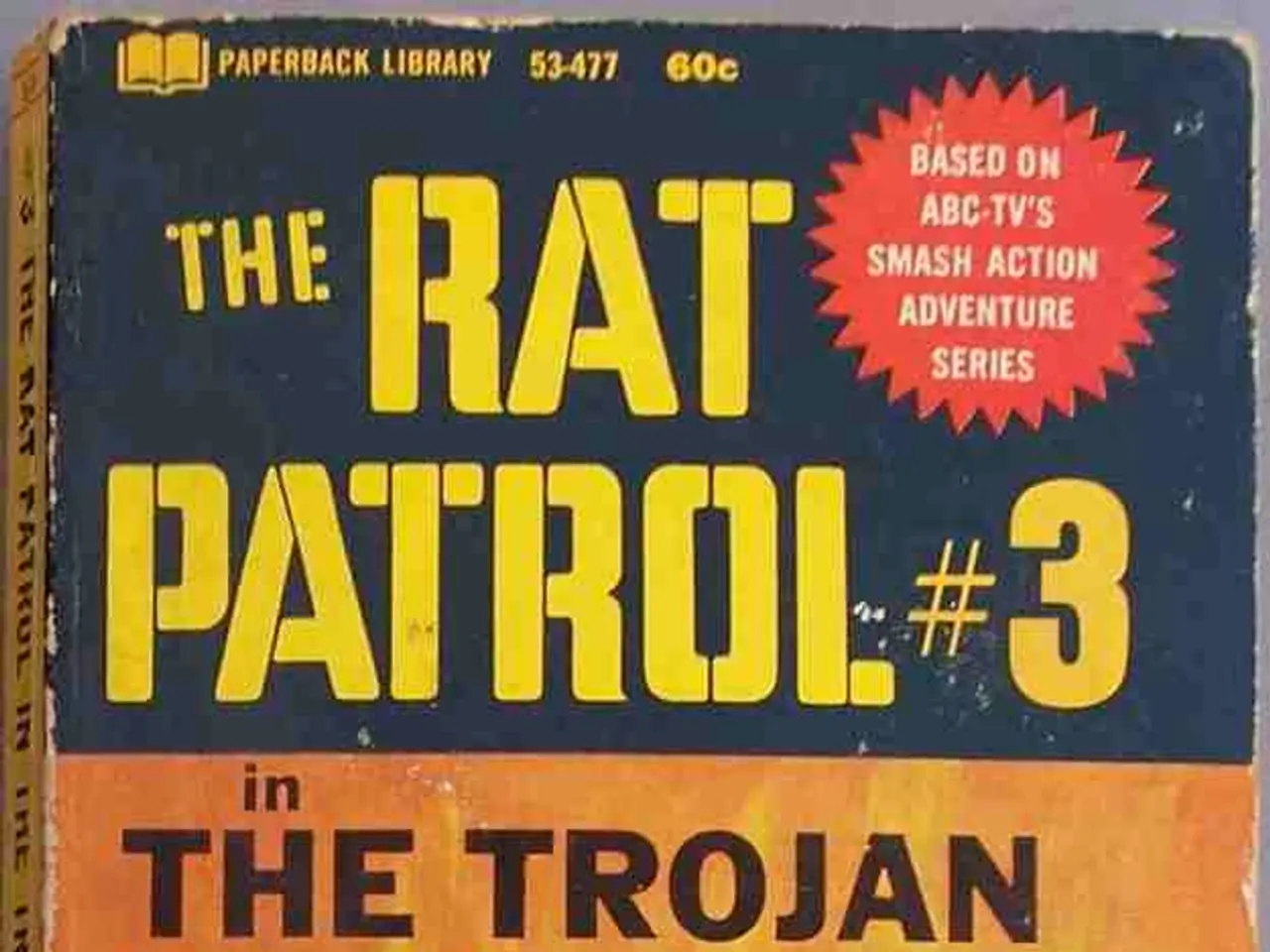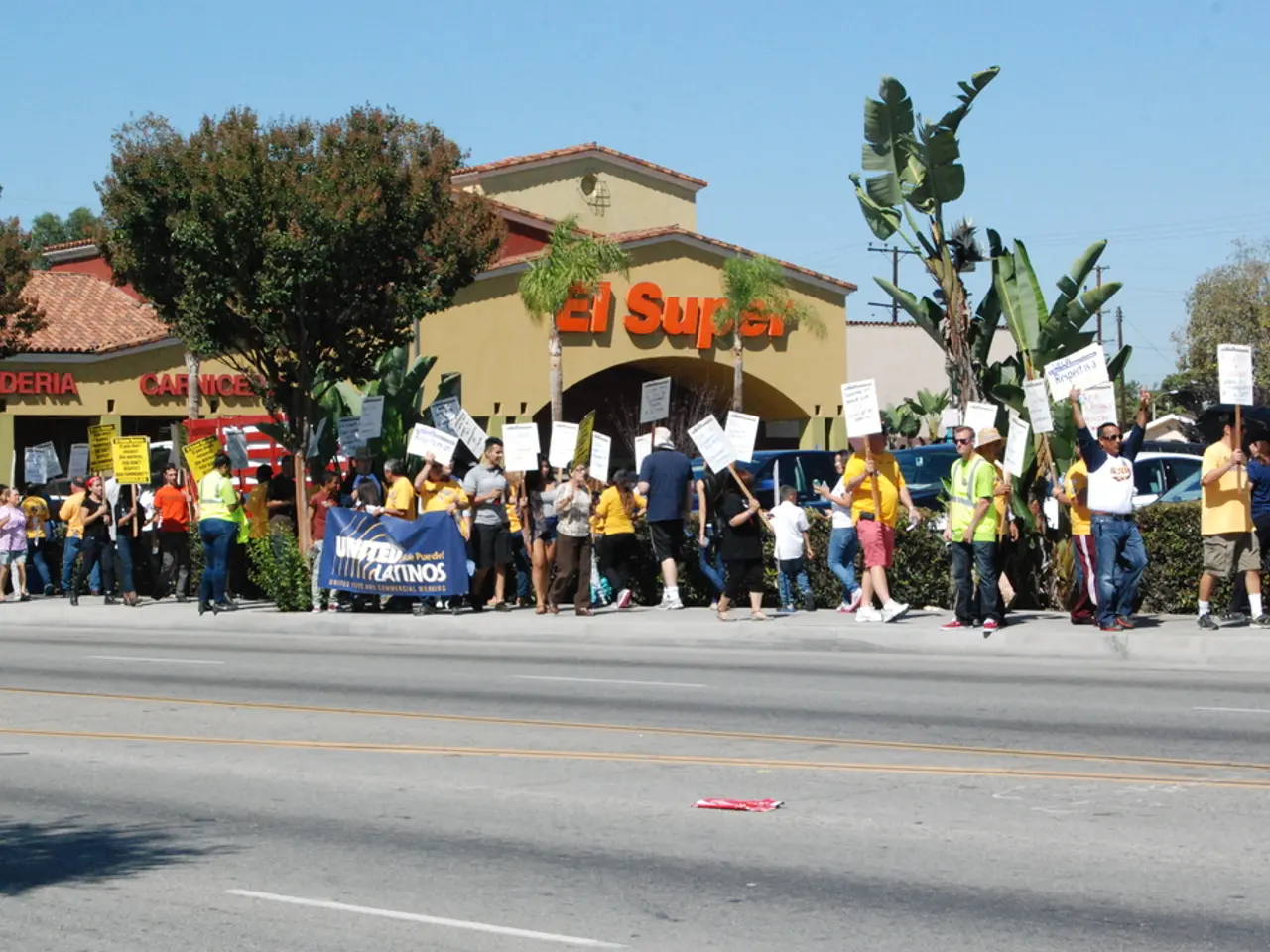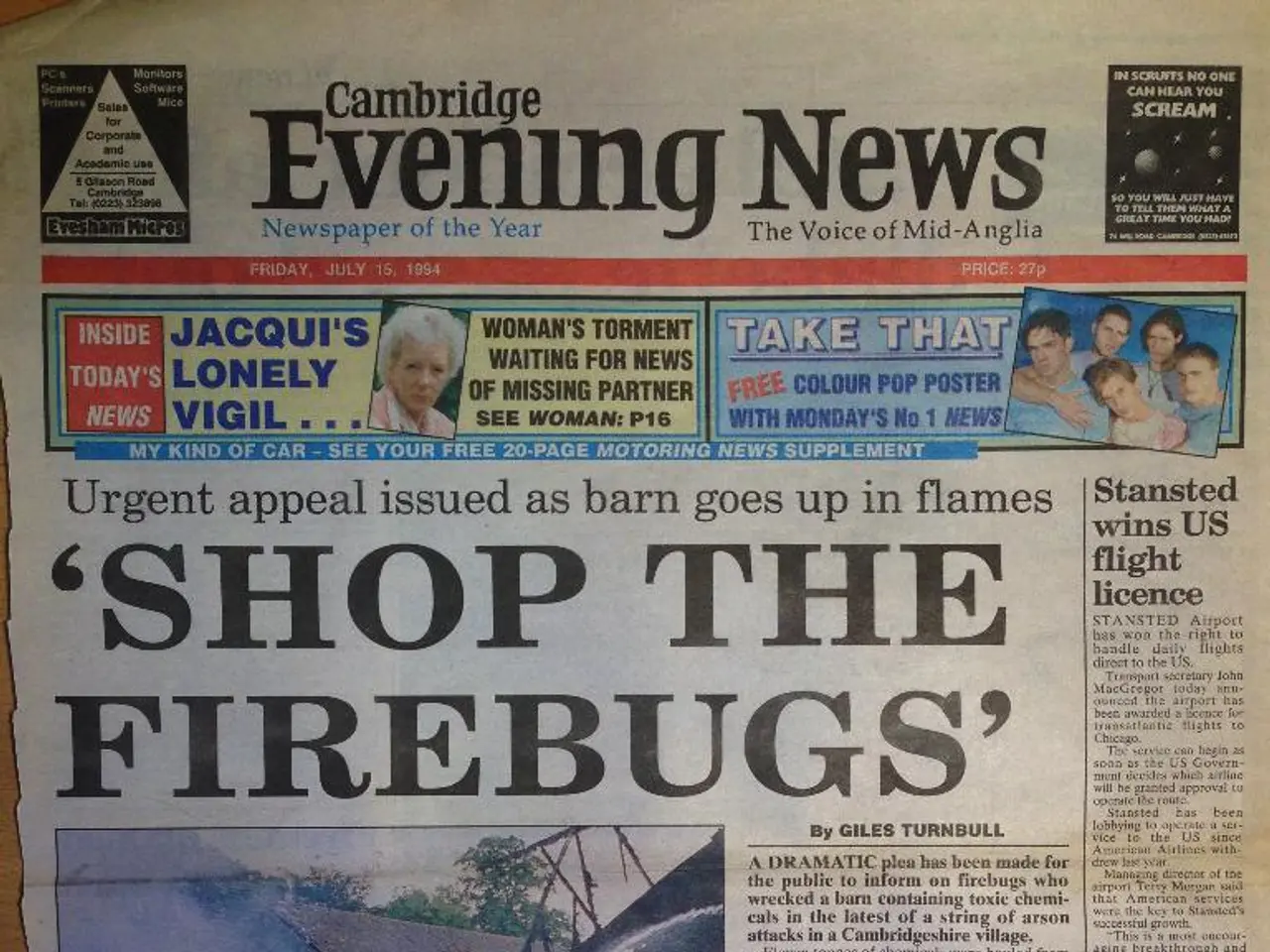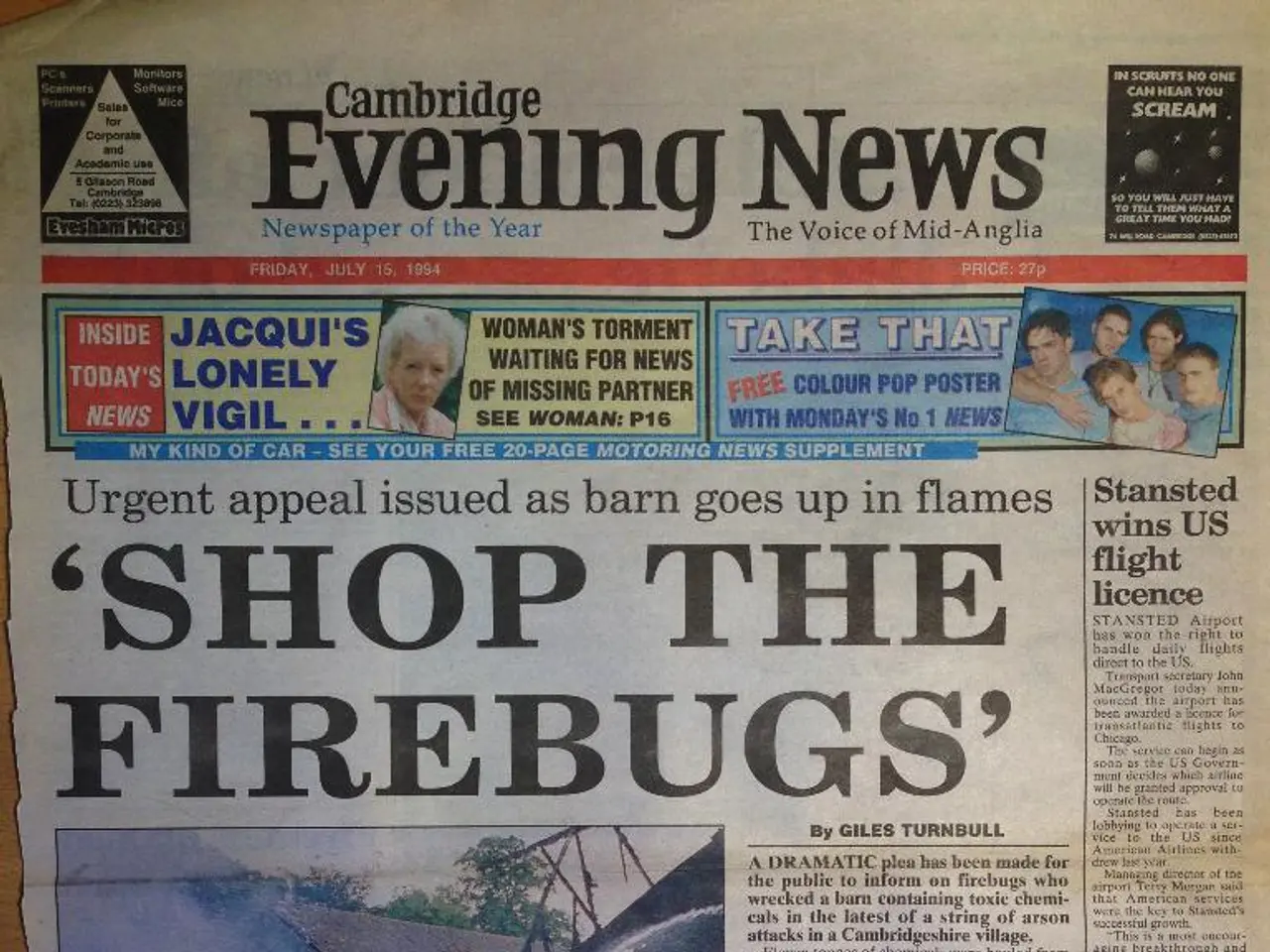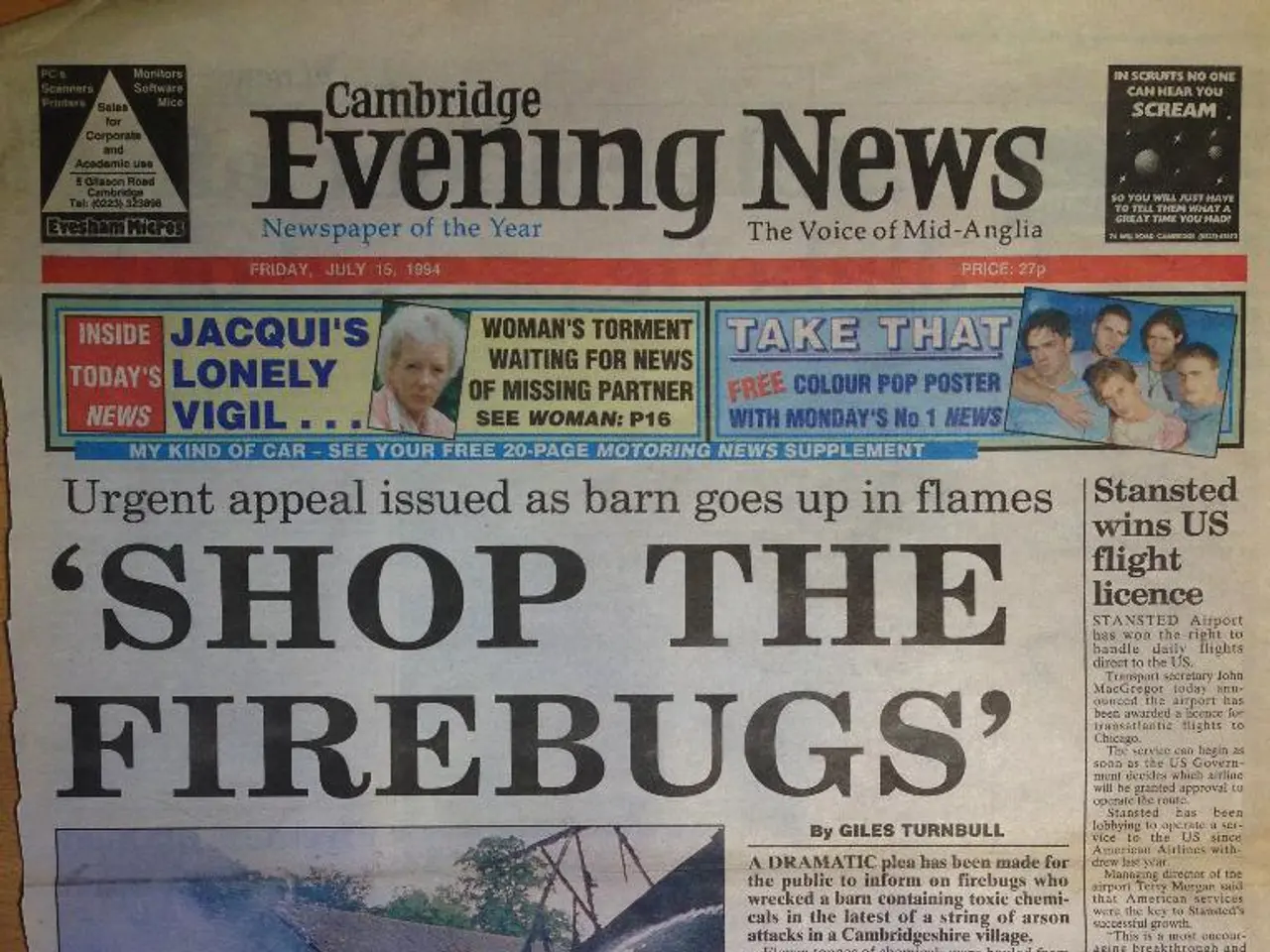Potential shift in U.S. Coca-Cola industry could potentially expand demand for Brazilian sugarcane.
In a significant development, Coca-Cola, following a suggestion by President Trump in July 2025, has announced its potential move towards using real cane sugar in its U.S. products, marking a shift from the decades-long use of high-fructose corn syrup (HFCS) since the mid-1980s.
This change could have a substantial impact on the global sugar market, particularly on Brazil, the world's largest producer and exporter of cane sugar. The increased demand for cane sugar in the U.S. could create opportunities for Brazilian sugarcane exporters, but it may also face challenges due to the existing tariffs and quotas on sugar imports in the U.S.
Currently, the U.S. imposes a tariff of $350 per ton on sugar imports beyond a quota of 1.6 million tons, making it expensive for Brazil to export sugar to the U.S. For significant impact on the sugar sector, Brazil would need to export between 1 million and 2 million tons to the U.S. However, this could be challenging due to the tariff barriers.
Mario Campos, president of the Association of the Bioenergy and Sugar Industry of Minas Gerais, has suggested negotiating with the U.S. government for an extension of the U.S. quota for Brazil or a reduction in the tariff to make large-scale exports practical. This could potentially benefit Brazilian sugar producers in the medium term, but in the near term, the tariff barriers remain a key constraint.
For U.S. corn syrup producers, this change poses a threat to their market dominance, which is supported by subsidies and trade protections. The shift away from HFCS could reduce demand for domestically produced corn syrup, impacting U.S. corn growers and related agribusinesses. The possible substitution of HFCS with cane sugar raises concerns in the agricultural sector, particularly for American corn producers.
Robert F. Kennedy Jr., Secretary of Health of the United States, has been pressuring companies to remove ingredients like HFCS from their products. However, John Bode, president and CEO of the Corn Refiners Association, warns that replacing HFCS with cane sugar could cost thousands of American jobs in food manufacturing, reduce agricultural income, and increase foreign sugar imports.
In the midst of escalating trade tensions with Brazil, President Trump has promised a tariff of up to 50% on all imported Brazilian products. The high tariff became relatively low compared to domestic sugar prices in the U.S. in the last two years, allowing Brazilian sugar to enter the U.S. market. However, the tariff remains a significant barrier for large-scale exports.
In conclusion, Coca-Cola's move towards real cane sugar in the U.S. could increase global demand for sugarcane, benefiting Brazilian producers, but U.S. tariffs and quotas on sugar imports remain a significant barrier. For U.S. corn syrup producers, this change poses a threat to their market dominance supported by subsidies and trade protections, which may come under pressure if the formula switch proceeds fully.
The potential shift in Coca-Cola's U.S. products towards real cane sugar could influence the weather for Brazilian sugarcane exporters, as increased demand may create opportunities but also face challenges due to existing tariffs and quotas.
Should Coca-Cola's move towards cane sugar be fully implemented, it could bring stormy times for U.S. corn syrup producers, as their market dominance may face pressure and jobs in food manufacturing could be at risk.
